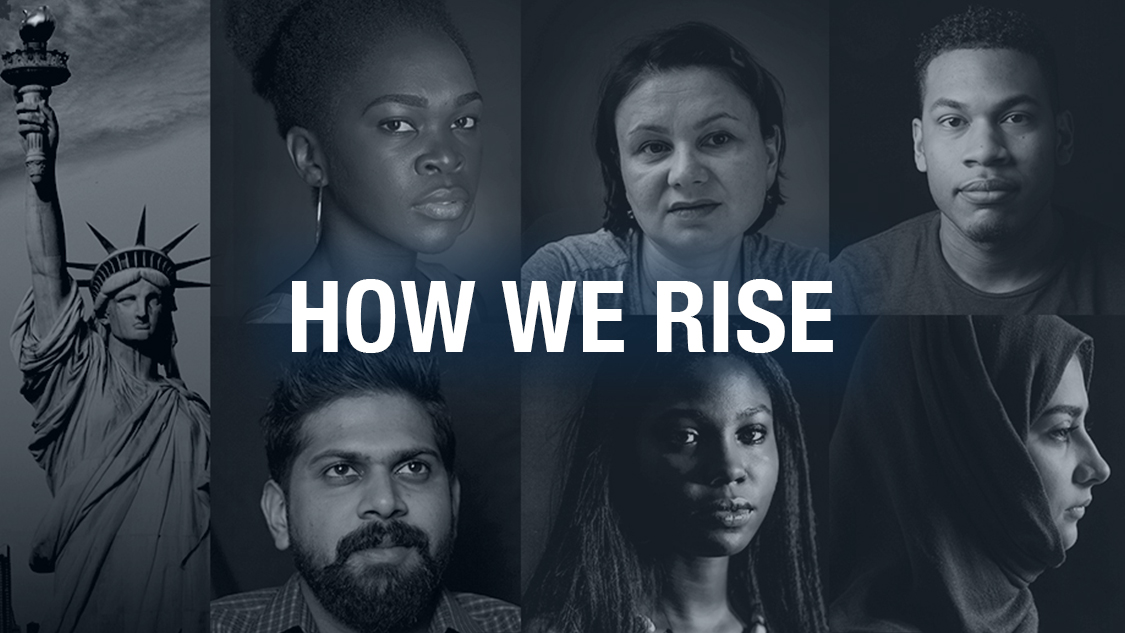The murder of George Floyd in May 2020 sparked a national reckoning and renewed attention to issues of racial equity and justice. This long-overdue awakening led me to read extensively about racism and to think about interactions between race and tax policy. In a new paper, “Public finance and racism,” I explore some of these links.
While I’ve studied tax policy for over 30 years, I’d not yet spent much time focusing on connections between race and tax issues that clearly exist.
Three observations, however, are abundantly clear. First, widespread and long-standing racial discrimination in the United States has had enormous, lasting, and deleterious economic effects on Black households. Second, tax policies and other government policies have contributed materially to this problem. Third, changes to the tax code, spending programs, or regulations can help ameliorate the effects of racism, but it is crucial to take into account the persistent effects of racism and the impact of past policies on Black households. Policies that some may view as race-blind may still cement the status quo and reinforce the ills of past and continuing racism.
Mainstream public finance analysis has proceeded for decades with virtually no attention to racial equity. The legal literature has focused more directly on race and taxes; two notable examples are Beverly Moran and William Whitford’s classic critique of the tax system and, more recently, Dorothy Brown’s recent book, “The Whiteness of Wealth.”
Nevertheless, the discipline of public finance has tools and frameworks that can provide useful insights and constructively analyze ways to address the problems racism creates.
In my paper, I first acknowledge that there is no single definition that would correctly characterize every policy as racist or not, but the historical context and the impact of past policies should shape this discussion. Not all policies with unequal outcomes are racist, but a policy need not be racially motivated to have racist impacts. The lack of a universally agreed-upon definition, however, should not deter researchers from examining the racial outcomes of policies, institutions, and behavior—past, current, or alternatives.
The discipline of public finance has tools and frameworks that can provide useful insights and constructively analyze ways to address the problems racism creates.
I then highlight how many of the same underlying conceptual issues that arise in public finance also occur in the analysis of racism and policy. Which policies and markets are included in the analysis? What is the baseline against which to compare policy reforms? What is the best way to measure fairness? How do we gauge the full effects—or the incidence—of a policy?
Finally, I highlight a few correspondences between some of the main topics in each field. Institutional racism is sometimes the result of unintended effects, a bread-and-butter part of standard public finance analysis. Likewise, analysis of the general equilibrium effects of policies shares important similarities with analyses of systemic (or structural) racism. Second-best policy analysis can be used to help understand the notion of anti-racism. (For non-economists who are reading this, “second-best” does not refer to the quality of the policy. It refers to enacting policy in an environment that is less than ideal, for example, because it bears the lasting effects of racism.) Analyses showing the role of relative income in people’s utility are analogous in certain ways to views set forth in stratification economics, which focuses on the relative status of groups.
I conclude that the challenges to incorporating race-related considerations into analysis of public finance are surmountable and the opportunities are enormous.
In showing connections between two research areas that have grown largely separately, the goal is not to appropriate the topics or to somehow claim that economics is the only way to analyze racism. Rather, I suggest that public finance economists and scholars studying race issues can learn from each other and that economics can complement other approaches. I focus on racism directed at Black people, but similar issues arise regarding discrimination against other groups as well.
My hope is that the ideas presented in this paper will encourage public finance economists to address racial issues directly and extensively. The standard tools of public finance can also expand understanding of these issues and help frame better policies.
The Brookings Institution is financed through the support of a diverse array of foundations, corporations, governments, individuals, as well as an endowment. A list of donors can be found in our annual reports published online here. The findings, interpretations, and conclusions in this report are solely those of its author(s) and are not influenced by any donation.
The Brookings Institution is committed to quality, independence, and impact.
We are supported by a diverse array of funders. In line with our values and policies, each Brookings publication represents the sole views of its author(s).






Commentary
It’s long overdue for public finance scholars to study racism in the tax code
November 4, 2021